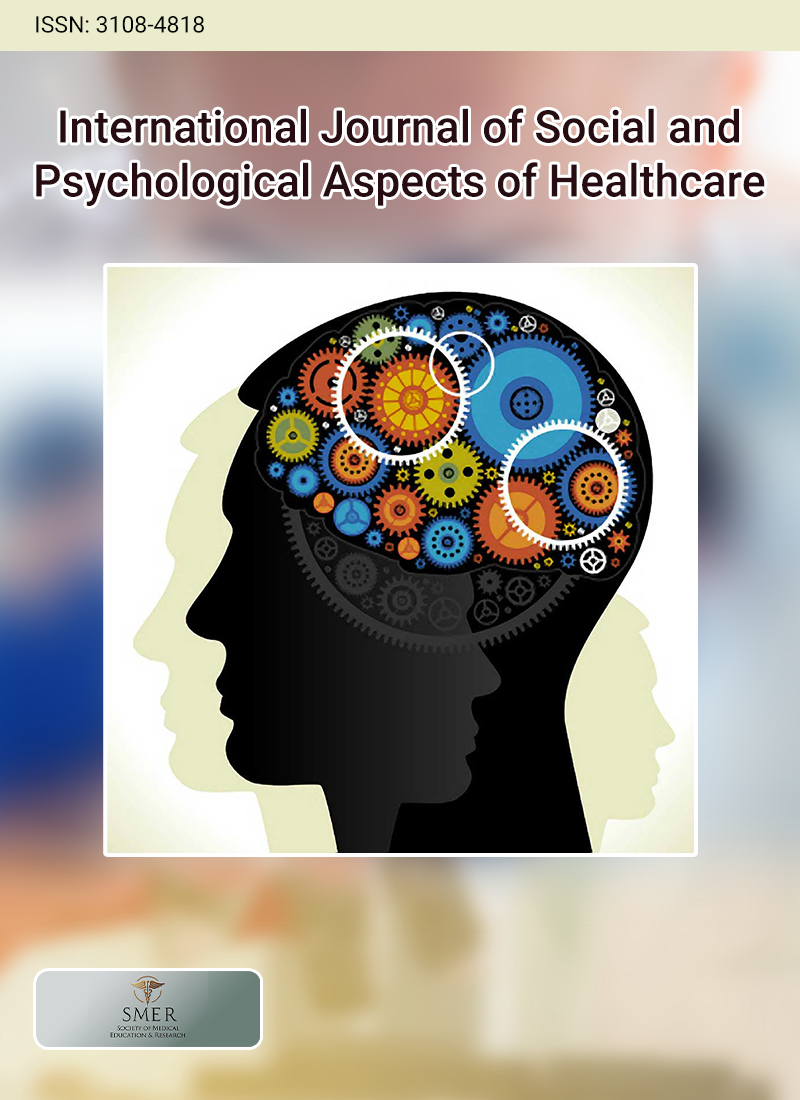
The global fight against COVID-19 has persisted for over a year, and ongoing adherence to preventive measures must continue to be closely monitored. This study aimed to evaluate the knowledge and practices related to COVID-19 prevention among the Malaysian population one year into the pandemic. A questionnaire-based survey was conducted with 2,558 adult participants in Malaysia, focusing on understanding and implementing preventive measures. The mean practice score was 7.9 ± 0.99 (out of a maximum score of 9). Medical masks were the most commonly used when leaving the house (n = 1792, 70.1%). Most participants reported wearing masks regularly (n = 2284, 89.3%), while 51.8% (n = 1325) sometimes sanitized their hands, and 56.9% (n = 1456) consistently followed the one-meter social distancing guideline. The mean score for mask-related knowledge was 11.1 ± 1.9 (out of a maximum score of 15), while the mean score for other preventive measures was 5.7 ± 0.7 (out of 6). A positive and significant correlation was found between knowledge of preventive measures and actual practices (P = 0.1, 95% CI = 0.02-0.01, P = 0.03), indicating that better knowledge leads to improved preventive behavior. The findings of this study emphasize the need for continued public education on COVID-19 preventive measures in Malaysia, as well as the need for targeted interventions to improve practice and encourage behavioral changes.